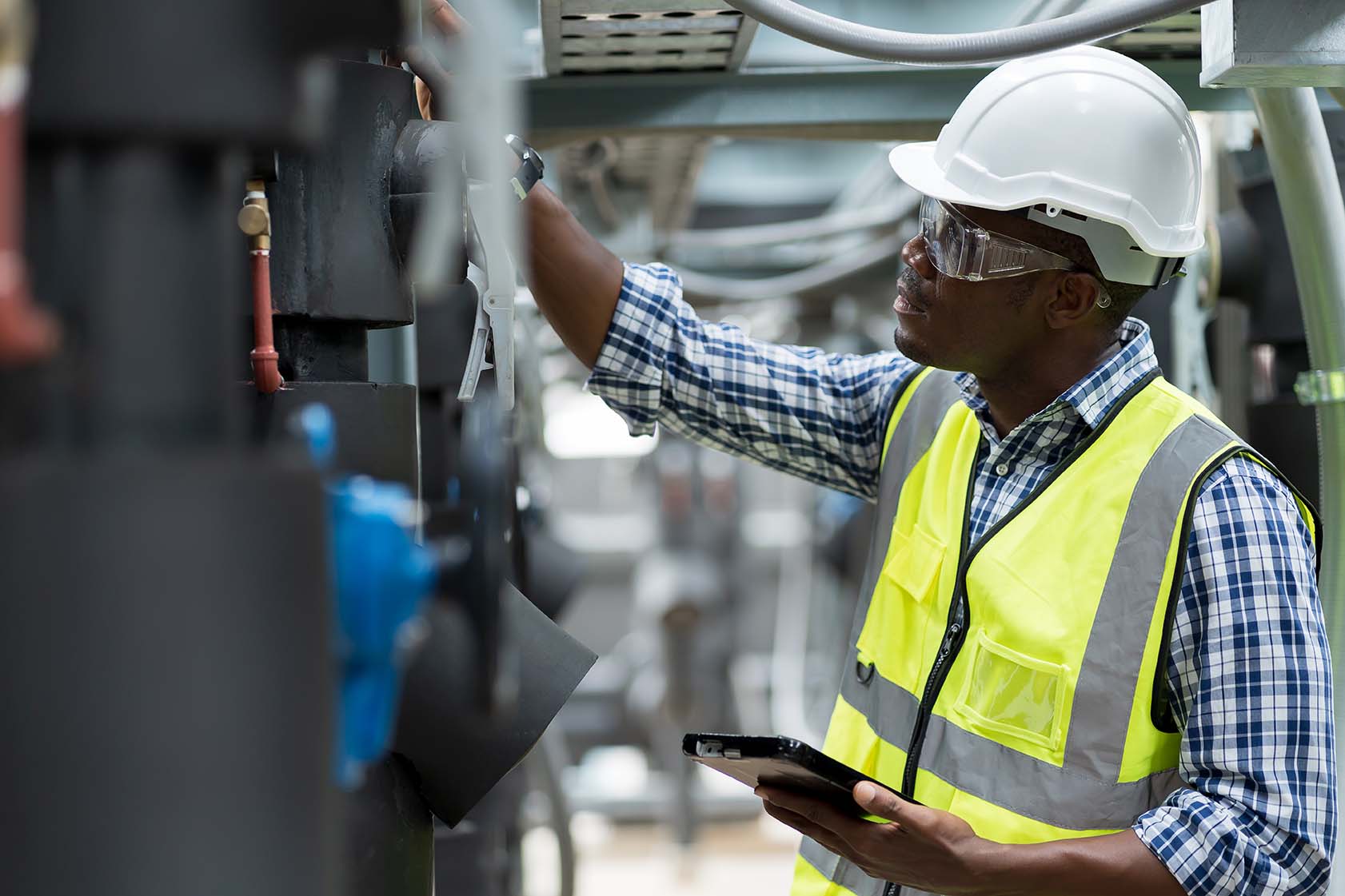
Zambia Country Window
Aligned with the overarching Energy Efficiency for Sustainable Livelihoods in Africa (EELA) framework, the EELA Zambia Country Window Project is designed to foster inclusive and sustainable economic growth through an integrated energy efficiency initiative. Specifically, it aims to accelerate the adoption of energy-efficient lighting and appliances while promoting investments in low-carbon industrial transformation, local value chains, e-waste management, and related capacity-building and awareness-raising efforts. Tailored to the specific characteristics of Zambia's energy market, the project addresses key challenges such as high electricity demand, short appliance life cycles, and environmental degradation caused by unsustainable energy practices.
As Zambia works toward achieving universal access to affordable, reliable, and modern energy services by 2030, integrating energy efficiency initiatives is essential to this effort. Energy efficiency offers a cost-effective solution to reducing electricity demand growth, enhancing access rates, and improving affordability, particularly in the industrial and residential sectors, which are the country's largest energy consumers.
Why the EELA Zambia Country Window Matters:
EELA interventions focus on accelerating the adoption of high-quality energy-efficient products, services, and industrial equipment to achieve multiple benefits. By reducing energy costs for households and businesses, the project not only enhances affordability but also strengthens the competitiveness of industries while minimizing their carbon footprint.
THE PROJECT GENERAL INFORMATION
BUDGET: 5.299 Million EUR
PROJECT DURATION: 4 years
IMPLEMENTING AGENCY: UNIDO
KEY NATIONAL COUNTERPARTS: Ministry of Energy (MOE), Ministry of Commerce, Trade and Industry (MCTI), Zambia Bureau of Standards (ZABS), Zambia Association of Manufacturers (ZAM)
IMPLEMENTING PARTNERS: GloFin Advisory AB, Swedish Energy Agency, SACREEE, CLASP, ZAM

Project Outcomes
Boosting EE Appliance Uptake in Zambia Through Policy, Capacity Building, and Private Sector Development
The project builds on the regional EELA initiative to drive the adoption of energy-efficient (EE) appliances in Zambia, targeting poverty reduction and mitigating environmental impacts from inefficient technologies. Key efforts focus on strengthening policy and regulatory frameworks through the enforcement of Minimum Energy Performance Standards (MEPS), building the capacity of market stakeholders, and promoting private sector investment, with a particular emphasis on advancing the ESCO market.
Establishing a Private Sector Industry Clean-Tech Platform
A dedicated platform, the Industry Clean-Tech Platform (ICTP), will accelerate the adoption of clean technologies in industries, beginning with a pilot initiative in the tea sector. The ICTP will serve as a one-stop shop for integrating energy management systems by connecting users with technology suppliers and financial opportunities. It will also offer training and support services to promote sustainable industrial growth and environmental stewardship.
Enhancing Skills for Repair, Maintenance, and E-Waste Management
EELA Zambia Country Window Project focuses on waste management and improving access to repair and maintenance services for energy-efficient equipment, particularly in rural areas. The project trains local entrepreneurs through TVET institutions, using innovative digital solutions like Virtual Reality for blended learning. By enhancing skills for off-grid equipment management and promoting proper end-of-life disposal, it aims to extend equipment lifespan, reduce waste, and foster environmental sustainability.
Information and Enquiries
Ms. Karin Reiss-Haimbala
Ms. Elin Karlsson
Industrial Development Expert
UNIDO, Division of Energy and Climate Action
Mr. Alaeldin Mohamed
Associate Industrial Development Expert
UNIDO, Division of Energy and Climate Action